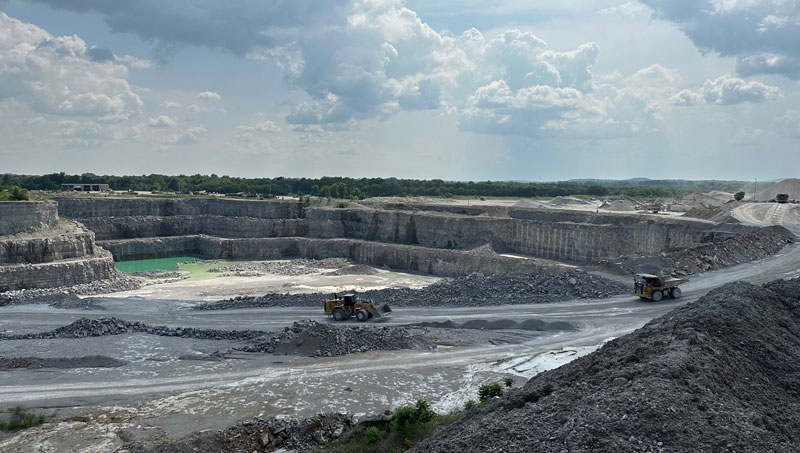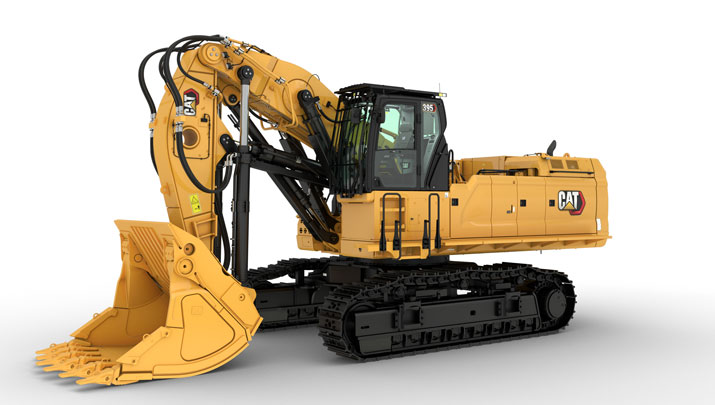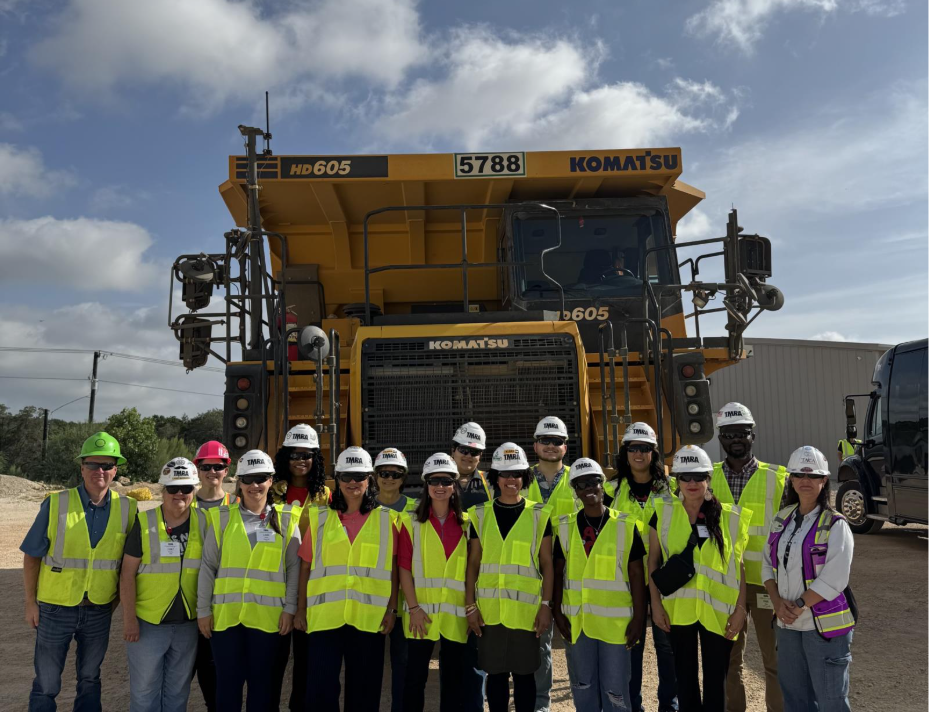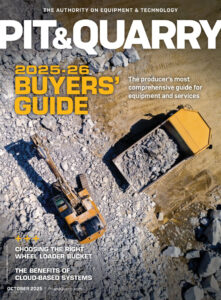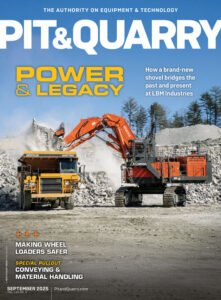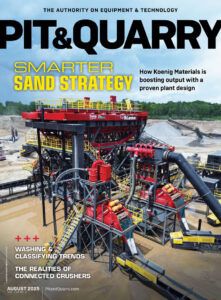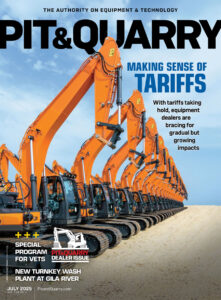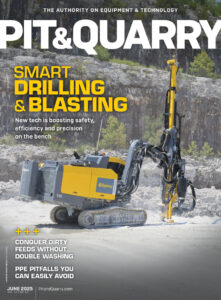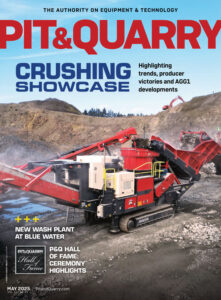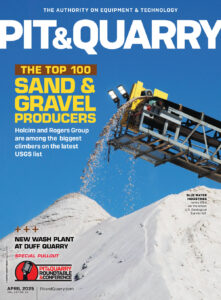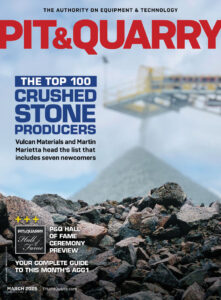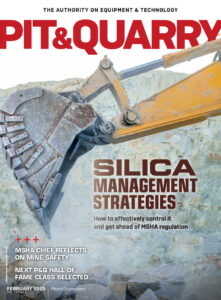The merger and acquisition market remains an active one, with Armada Materials among the construction materials producers to emerge over the last few years.
Rob Duke, who has more than 20 years of industry experience with leadership positions at CRH and Rinker Materials, founded Armada Materials just a few years ago with the support of Kelso & Company, a middle-market buyout private-equity firm. Duke recently visited with P&Q to discuss his new venture, how Armada ultimately came together and what’s transpiring in the M&A space.
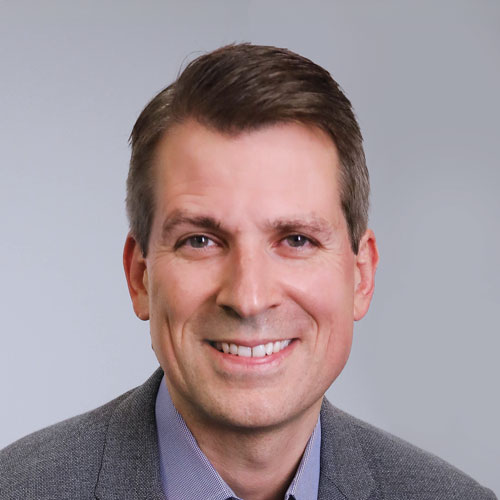
P&Q: Armada Materials surfaced following a platform deal in Tennessee with Volunteer Materials. What went into that deal to launch Armada, and how did you find yourself on this new pathway following your time at CRH?
Duke: I started Armada in 2022. Prior to that, I was working for CRH. I was running a large division for them.
After my time at Rinker, I had moved over to CRH and had almost a 15-year career with them in a variety of roles. I really enjoyed my time, but I’ve always had this inkling to go out and start my own company. I was doing a lot of acquisitions at CRH and thought I could step out and do that on my own.
After a brief time away from CRH, I started Armada Materials. Along with some friends and family, I put some money into the business. I had asked a few industry people I had worked with throughout my career – Karl Watson Jr., Doug Ruah and Michael Brady – to be advisors to Armada. They were helpful, particularly in my early days of trying to get the business off the ground. They gave me a lot of good advice and mentorship.
Through that process, I ended up realizing I needed deeper pockets to fuel the strategy of Armada, which was doing acquisitions in the southern half of the U.S. of family-run aggregate and asphalt companies. I met with a bunch of different investment groups. I met with some family offices, and then several private-equity groups.
One of those groups I had met several years prior was a firm called Kelso & Company. They had a reputation for being outstanding partners with their portfolio companies. They were a little longer-term minded than some of the other private-equity groups that I had met, and they loved our space.
We had a couple of meetings with them to kind of reacquaint ourselves, and we quickly formed a broader partnership. We ended up doing our first acquisition about nine months later. That was the Volunteer group of companies in Tennessee.
P&Q: What separates Armada Materials from other companies in your space?
DUKE: Our focus and strategy is on leveraging a decentralized management structure, which I saw in action at Rinker Materials. In my early days with CRH, we had a very decentralized structure, as well. I think that works really well in our space.
This is a local business at the end of the day. We’re buying multigenerational family companies where legacy and brand are incredibly important. Having that local presence is vitally important.
One of our differentiating approaches in doing acquisitions is that we retain those things. We retain the brand and the people. We preserve the culture and the legacy of those companies, which kind of sets us apart in the space of acquisitions in our industry.
We’re not completely hands off. We have capital to spend, and we work with those teams to identify high-return projects that might help fuel additional growth. We provide that capital and guidance, resources and support to help those businesses grow.
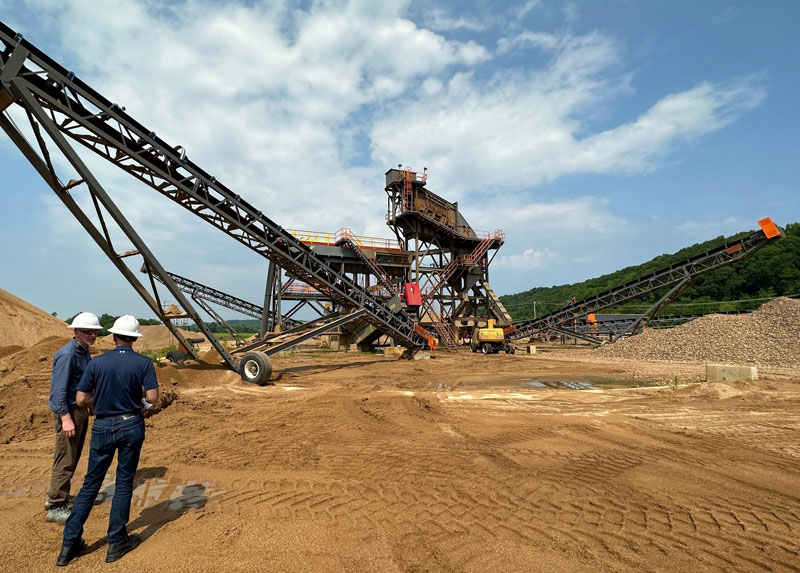
P&Q: What do you find the appetite for dealmaking to be among the industry’s other buyers these days?
DUKE:Our pipeline is pretty active and full of opportunities. They vary in stage. Along with Travis Raitt, my colleague who heads up acquisitions for us, we spend a lot of time developing relationships and pursuing acquisitions.
I would say there’s a healthy appetite among other buyers. There’s a lot of interest in the sector – [including] from strategic players that are in a strong cash position with a lot of financial flexibility.
We’ve seen some really big deals in the space in the last few years. I think there’s going to be a continued appetite, particularly among strategics, to continue putting that money to work and doing acquisitions – [and] potentially select greenfield investments, as well.
We remain focused on our strategy, though. What we offer owners of multi-generational businesses may be a little different than what somebody else offers. We’re smaller. We have sort of minimal bureaucracy. The Armada team is a small group of us at the parent company level. There’s only four of us today. We like to keep everything out in the field in the local company.
On the selling side, I would say there’s a strong interest in doing transactions and maybe monetizing ownership in some of these companies. They are all on various stages. But what we’re finding, generally, is that some companies are on generation two, three or four, and the ownership gets more diffuse. The share ownership among heirs starts to spread out, and the number of owners who are active in the day-to-day running of the business is fewer.
So, I think owners of companies in the aggregate and asphalt space are taking a hard look at whether they want to monetize all or some of their position.
P&Q: How would you characterize the business environment right now?
DUKE: We’re in a really great position around the Nashville metro market in Middle Tennessee. Again, it’s a local business, so it’s whatever is happening in your local market.
We see a lot of positive trends, and all the growth is moving [toward] where our assets sit around Nashville. We continue to see a lot of dirt turning across Middle Tennessee. I’m pretty optimistic not only about this year, but [about] the long term for the markets we’re in today.
We spend a lot of time running around all over the U.S. – particularly the southern half of the country – and there’s still a lot of optimism. There’s still a lot of work and planning.
Hear more from Rob Duke in Episode 42 of the Drilling Deeper podcast.

